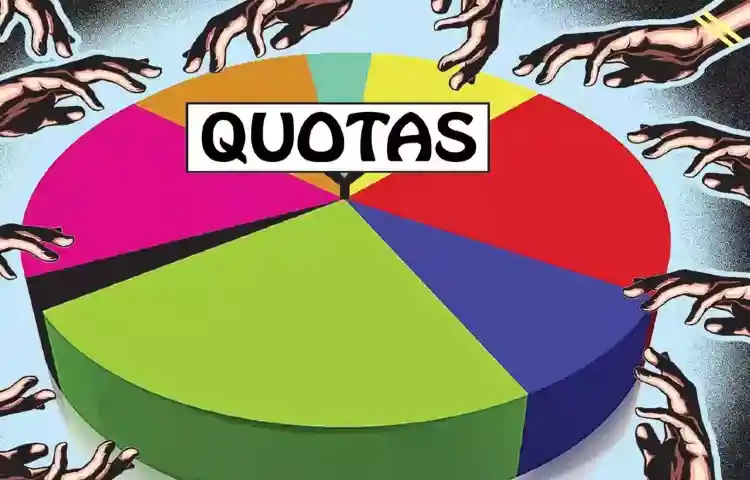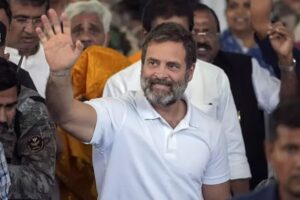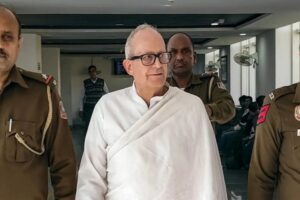
The Supreme Court Constitution Bench has upheld the 103rd Constitution Amendment providing for 10% quota for the economically weaker sections (EWS) from unreserved categories by 3:2 majority.
The beneficiaries can avail the quota for admission to government as well as private, unaided institutions and government jobs.
A five-judge constitution bench of Chief Justice UU Lalit and Justices Dinesh Maheshwari, S Ravindra Bhat, Bela M Trivedi and JB Pardiwala, in a 3:2 verdict, held that the provisions of the concerned amendment is not in violation of the Constitution.
Although,The Chief Justice UU Lalit said there are four different judgements on pleas challenging the EWS quota.
Reading out the judgment, Justice Maheshwari observed that the 103rd Constitutional Amendment is valid and does not violate the basic structure of the Constitution.
Justice Trivedi said that there is a need to revisit the reservation policy and it should have a time span. Justice Pardiwala, while holding the amendment valid, said that reservation cannot go on indefinitely and agreed with Justice Trivedi on a need to re-examine the reservation policy.
Justice Bhatt, however, disagreed with the majority verdict and held that the amendment barring the SC/ST/OBC poor from availing the benefits of reservation under the EWS category is discriminatory.
The CJI UU Lalit, also dissented on the majority verdict while agreeing with Justice Bhatt.
The 103rd Constitution Amendment Bill was passed by Parliament in January 2019.
What is EWS Quota and 103rd Amendment of the Constitution
1-Amendment in article 15 (6) and 16 (6) allows reservation for economically disadvantaged of the un reserved category.
2-The 103rd Amendment of Constitution helps the poor who were left out of the 50 percent reservation policy for SC’s, ST’s, and Socially and Educationally Backward Classes (SEBC).
3-This Amendment empowers both the union and State Government to grant reservation every poor and disadvantaged person of the society.
4-This amendment affecting issues of both employment and education
5-The 103rd amendment does not affect in the reservation policy SC’s, ST’s, and Socially and Educationally Backward Classes (SEBC) in any form.
6-The purpose of the 103rd amendment is to bring equality in the society and to break the wall between rich and poor.
7-In the case of Kesavananda Bharati vs. the State of Kerala, the Supreme Court said unequivocally that no law may be issued in the Indian Gazette that undermines or damages the fundamental framework of the Indian Constitution.
8-Union Government argued in the Supreme Court that the 103rd Amendment is properly crafted and effectively combated educational and social inequity by incorporating Articles 15(6) and 16(6).
9-In Tamil Nadu, 69 percent of jobs and school seats are reserved for SC’s, ST’s, BC’s, and MBC’s, compared to 70 percent in Karnataka.
10-This amendment has been passed with a will to make Article 46 mandatory which urges the Government of India to protect all the educational and economic interests of the weaker section of the society.
11-Since the socially disadvantaged sections are getting the privilege, now the economically disadvantaged sections can also get relief.




